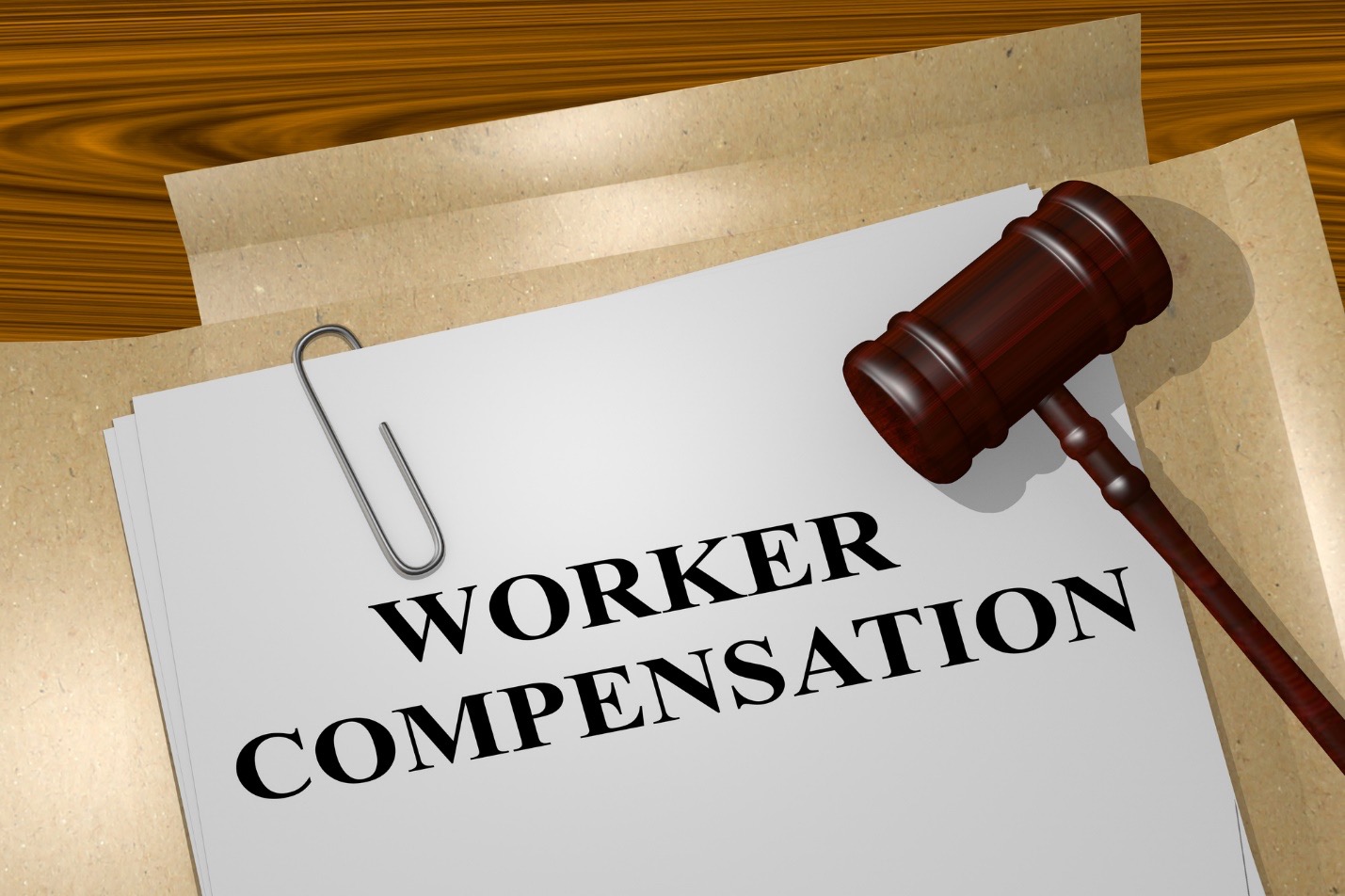Work-related activities or the work environment may aggravate or worsen a pre-existing injury. Under Virginia’s workers’ compensation system, you are covered for any accidents or pre-existing ailments caused by your job.
Even if you follow all of the rules, your workers’ compensation payments claim may be denied or devalued. If this is the case, an experienced and devoted workers’ compensation lawyer in Virginia can explore your choices and help you establish a strong claim so you may recuperate and move on.
What Does Virginia Consider a Pre-Existing Injury?
In Virginia, a pre-existing injury or sickness is defined as any medical condition you had before your present work accident or occupational illness. For instance, you may still be suffering from a back injury you sustained years ago. This would be deemed a pre-existing problem.
A variety of pre-existing illnesses may worsen as a result of working conditions, including:
- Disc herniation
- Ligament tears
- Fractured bones
- Joint or disc degeneration
- Spinal degeneration
- Injuries to the knee
- Strains and sprains in the arms or legs
- The syndrome of carpal tunnel
- Arthritis
- Chronic medical conditions
- Psychiatric disorders
What Injuries Are Not Covered by Virginia Workers’ Compensation?
The state’s workers’ compensation rules do not cover some types of injuries, such as:
- Conditions that existed before the employee was employed
- Random, unforeseen incidents (often referred to as “acts of God”) might result in injuries or sickness.
- Flu or random headaches are common, one-time ailments.
- Ordinary “life diseases” unrelated to your profession
- Most (but not all) heart attacks occur at work.
- Workplace injuries induced by horseplay
- Employees that create a brawl on purpose cause injuries
- Repetitive mental stress injuries
- Workplace injuries caused by off-duty recreational activities
- Employee injuries as a result of their conduct violating business policies
- An employee’s injuries sustained while committing a serious offense
- Employee injuries sustained while under the influence of drugs or alcohol
- Employee injuries sustained while they were not performing work-related tasks (such as their daily commute to and from work)
- Injuries that require first-aid treatment
- Injury resulting from the intentional or malicious actions of an employee
Even if it appears that Virginia’s workers’ compensation rules don’t protect your injury, it’s always a good idea to consult an attorney. If Virginia’s workers’ compensation system covers your damage, these advantages can make a substantial difference in the care you receive.

